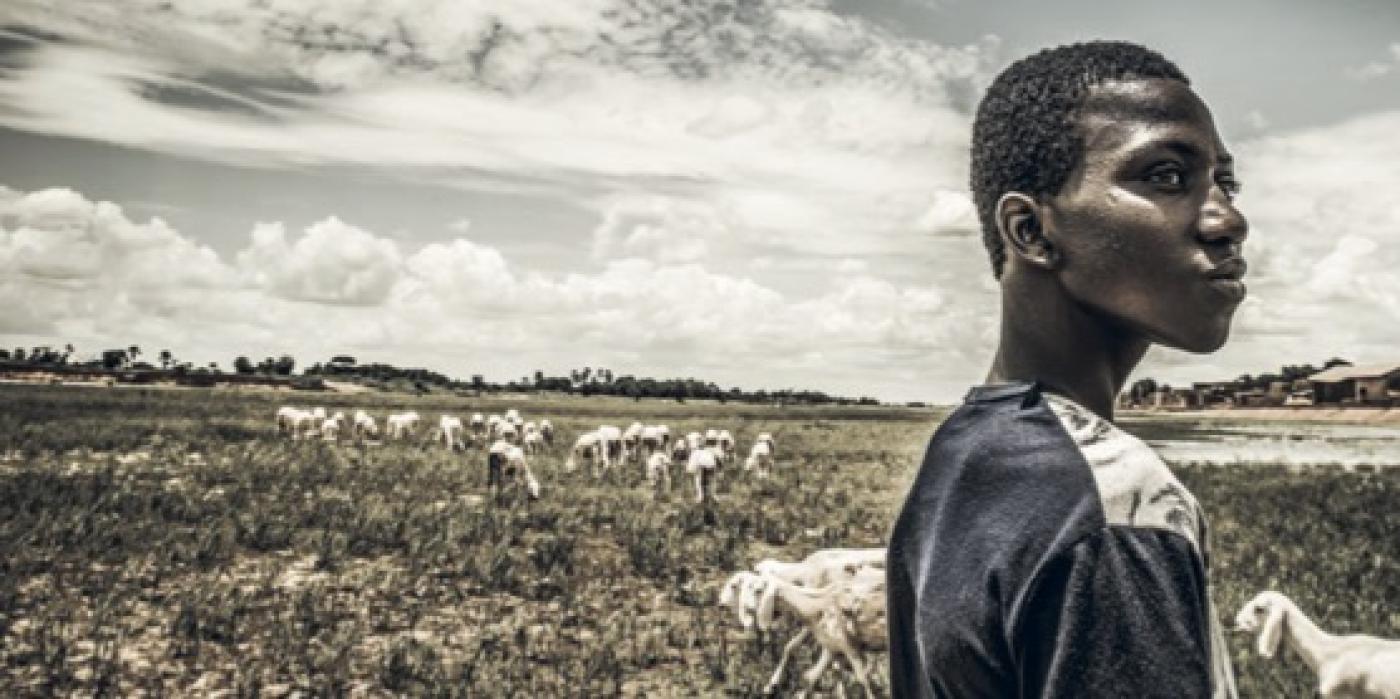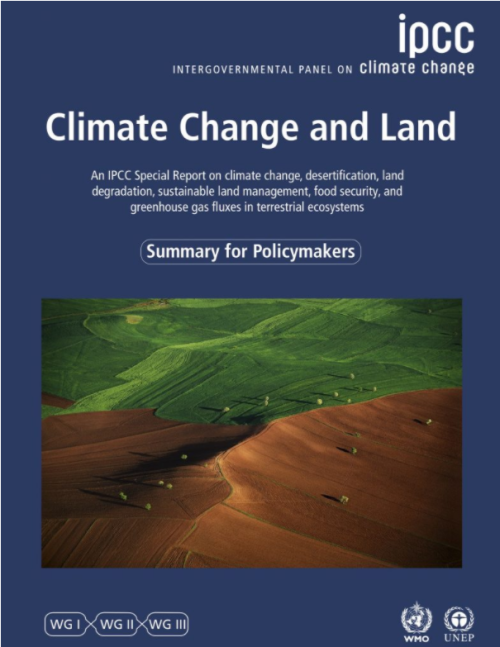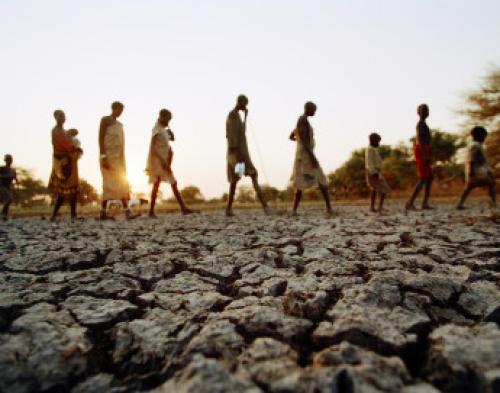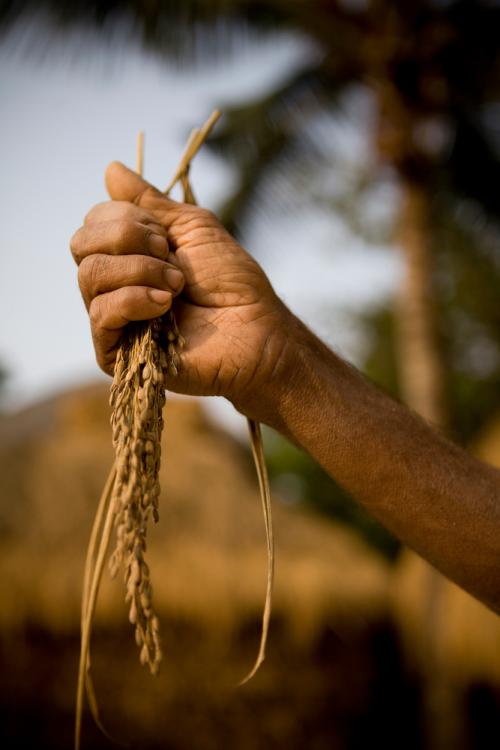WHEN RAIN TURNS TO DUST - understanding and responding to the combined impatc of armed conflictsand the climate and environment crisis on people's lives | ICRC
Climate disruption affects populations across the globe and will do so increasingly. Growing climate risks threaten lives, physical and mental health, and food and economic security. They also exacerbate existing vulnerabilities and inequalities. Countries in situations of armed conflict are disproportionately affected by climate variability and extremes. This is in part because of their geographical location, but mostly because conflicts and their consequences limit the adaptive capacity of people, systems and institutions.1
Based on research conducted in the interior of the Central African Republic (CAR), southern Iraq and northern Mali, and drawing on the expertise of the International Committee of the Red Cross (ICRC) and the scien- tific literature on the topic, this policy report explores how people experience the combined consequences of armed conflict and climate risks, and how they cope and adapt. It also discusses how the ICRC, and the humanitarian sector in general, must adjust and adapt to address these risks, and calls for strengthening climate action in conflict settings.



